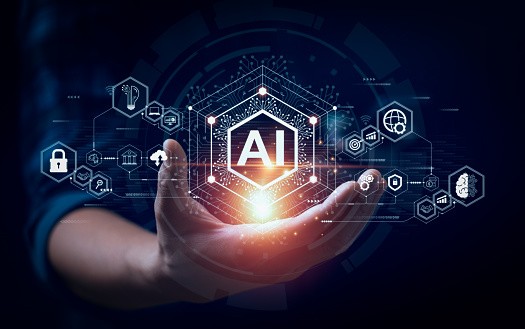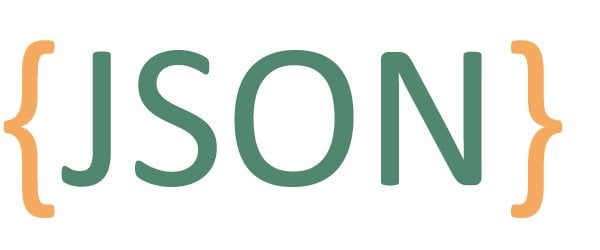How Machine Learning Is Transforming Industries
The Evolution of AI and Machine Learning
Artificial Intelligence (AI) has come a long way since its inception. From the early days of basic rule-based systems to today’s sophisticated machine learning models, AI has rapidly evolved.

Here are some key milestones:
- 1951: Christopher Strachey’s checkers program completes a whole game on the Ferranti Mark I computer at the University of Manchester, marking the first documented success of an AI computer program.
- 1997: IBM’s Deep Blue defeats chess grandmaster Garry Kasparov, showcasing the power of machine learning.
- 2011: IBM’s Watson wins Jeopardy!, demonstrating AI’s ability to process natural language and answer complex questions.
- 2018: OpenAI releases its first GPT (Generative Pre-trained Transformer) models, revolutionizing natural language processing.
AI’s Impact on Industries
- Improved Business Automation: About 55% of organizations have adopted AI, leading to increased automation. Chatbots and digital assistants handle customer queries, while AI analyzes data for instant insights, aiding decision-making.
- Healthcare: AI assists in diagnosing diseases, predicting outbreaks, and personalizing treatment plans.
- Finance: AI enhances fraud detection, risk management, and algorithmic trading.
- Transportation: Autonomous vehicles rely on AI for navigation and safety.
- Retail: AI-driven recommendations improve customer experiences and optimize inventory management.
- Manufacturing: AI streamlines production processes, quality control, and predictive maintenance.
- Energy: AI optimizes energy consumption, grid management, and renewable energy sources.
Ethical Considerations
- Transparency and Accountability: As AI systems become more complex, ensuring transparency in decision-making is crucial.
- Privacy and Data Protection: Balancing data utilization with privacy rights is essential.
- Bias from Existing Datasets: AI models can inherit biases present in training data.
- Threats to Jobs: While AI creates new roles, it also displaces certain jobs.
The Collaborative Future
Humans and intelligent machines will work together. AI will augment human capabilities, leading to a collaborative future.
In conclusion, the future of AI and machine learning holds immense promise. As we navigate this transformative era, ethical considerations and responsible development will be key to maximizing AI’s benefits for society.
The Future of AI !






